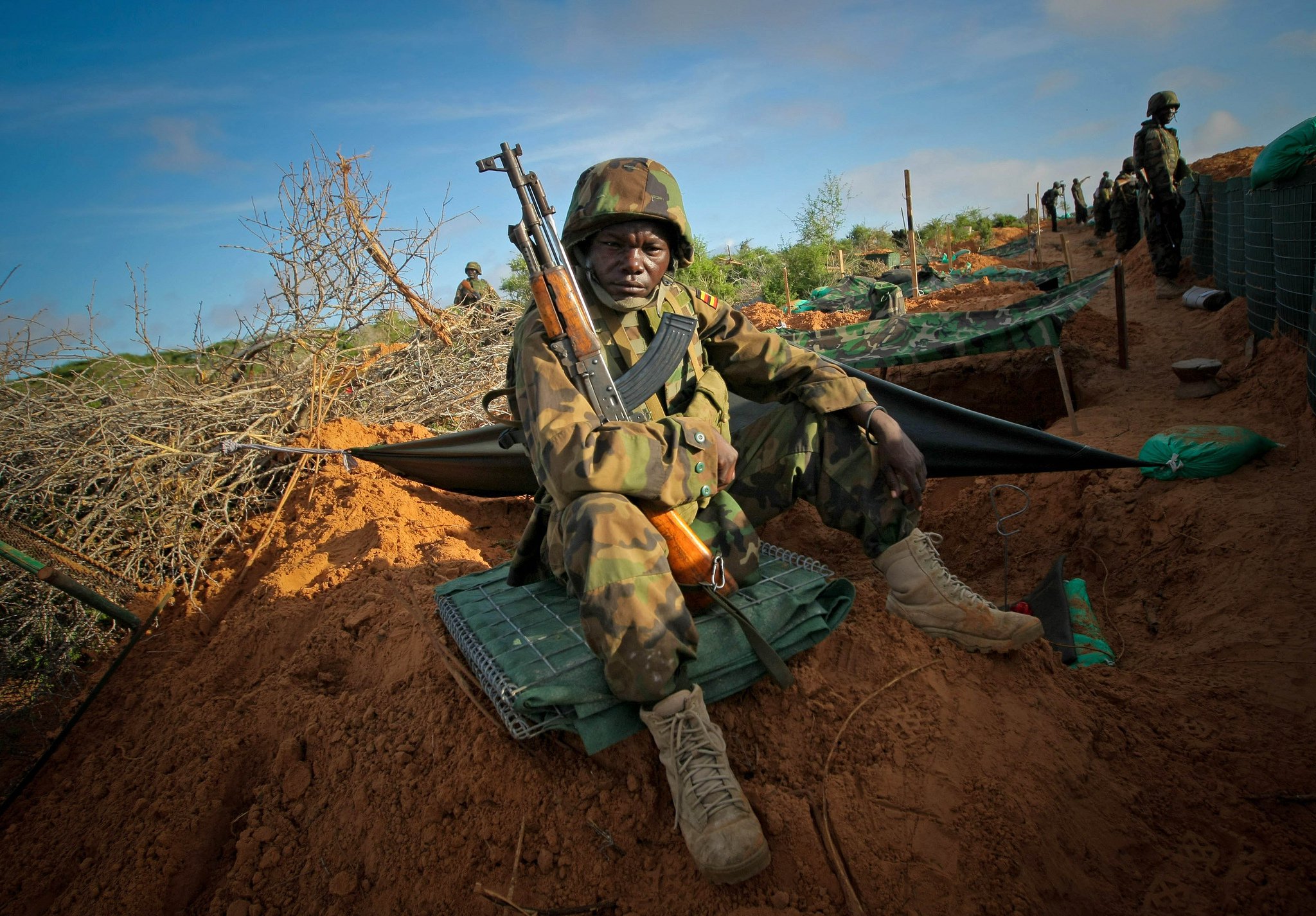The Somalia Stability Fund (SSF) takes an adaptive and politically smart approach to stabilisation, state-building and conflict prevention work in Somalia. Given the recommendations in the Fragility Commission’s new report it is likely that the SSF can offer useful insights that other donor-funded adaptive programmes can learn from.
A new approach to stabilisation
The Fragility Commission’s new report recommends that, when working in fragile states, international actors should focus on building an inclusive political consensus. It seems reasonable to assume that to do this well, donors will need to be ‘politically smart’ – not only well-informed about the political context, but skilled in using that knowledge to support development objectives that are locally led and owned. But while the report is big on ideas, it’s short on practical examples of what works in practice. To fill this gap, we (the Thinking and Working Politically Community of Practice, in collaboration with ODI) have published a new DFID-funded case study on the multi-donor Somalia Stability Fund (SSF).
From the outset, SSF was designed to respond flexibly and rapidly to needs on the ground, to experiment, to incur higher levels of programming risk than is normal and to adapt in response to learning. SSF’s strategy is also problem-driven. Rather than providing a detailed description of a desired end state and a sequence of actions to deliver it, the Fund identifies a core problem at the root of instability in Somalia and decides how to address it – in close consultation with local actors.
So how has this played out in practice? And what challenges has SSF faced, that other donor-funded adaptive programmes should learn from?
Successes and enabling conditions
The ability to understand and negotiate around a highly complex and often rapidly changing network of political interests and incentives has been critical to all of the Fund’s work – whether it is infrastructure investment, supporting peace negotiations, or working directly with emerging governance institutions. SSF has achieved some significant successes in each of these areas in an extremely challenging and dynamic political environment.
The report suggests that a politically smart, adaptive approach to stabilisation could include:
- devolving decision-making authority to a Secretariat that sits at arm’s length from the donor(s);
- fostering a supportive authorising environment through close contact and trust with donors;
- contracting an implementing partner that can cope with the demands of a flexible and politically smart programme;
- seeking out politically well-informed and well-connected national staff;
- developing strong analytical capability and research support;
- aiming for close alignment with locally-defined priorities and a high degree of local ownership;
- getting a suitable results framework in place, that combines highly ambitious outputs with flexible activities; and
- maintaining a diverse portfolio of investments, balancing more political, potentially higher-risk projects, with less political, often lower-risk ones.
Challenges
Despite this setup, SSF has still faced challenges. Some of these are outside its control. For example, even infrastructure projects that are informed by strong political insight and contextual analysis can be delayed if the SSF’s security providers fail to secure the relevant site against Al Shabaab or other armed groups.
Other challenges are more to do with the strength of certain norms in Somalia. For example, there are still huge obstacles to realising the genuine inclusion of women’s voices and agency in social, economic and political processes.
But others are to do with the fact that donors’ systems and processes aren’t always designed or used in ways that support this way of working. For example, it seems that the programme’s monitoring, evaluation and learning (MEL) tools have not always been used in a way that reflects the value of the less formal political analysis, negotiation and networking that is critical to the Fund’s work. It’s therefore timely that DFID and USAID have just started a programme called Global Learning for Adaptive Management (GLAM) which plans to develop MEL tools and practices to better support politically smart and adaptive programmes.
Looking ahead
The future stability of Somalia is uncertain. Before 2020, each federal member state is expected to conduct internal electoral processes that will test their inclusiveness, cohesion and legitimacy. But the status of these newly formed states is precarious. Elite and clan-based political competition present obstacles to a certain kind of democratic transition and state-building continues to be undermined by instability.
Given the depth of these challenges, thinking and working politically is not a guaranteed path to long-term stabilisation in Somalia. But the experience of SSF does contribute to a growing list of case studies showcasing programmes that appear to be unlocking progress through being politically smart and locally led. The Fragility Commission has called for a fresh approach to fragile states. Maybe this is it?

